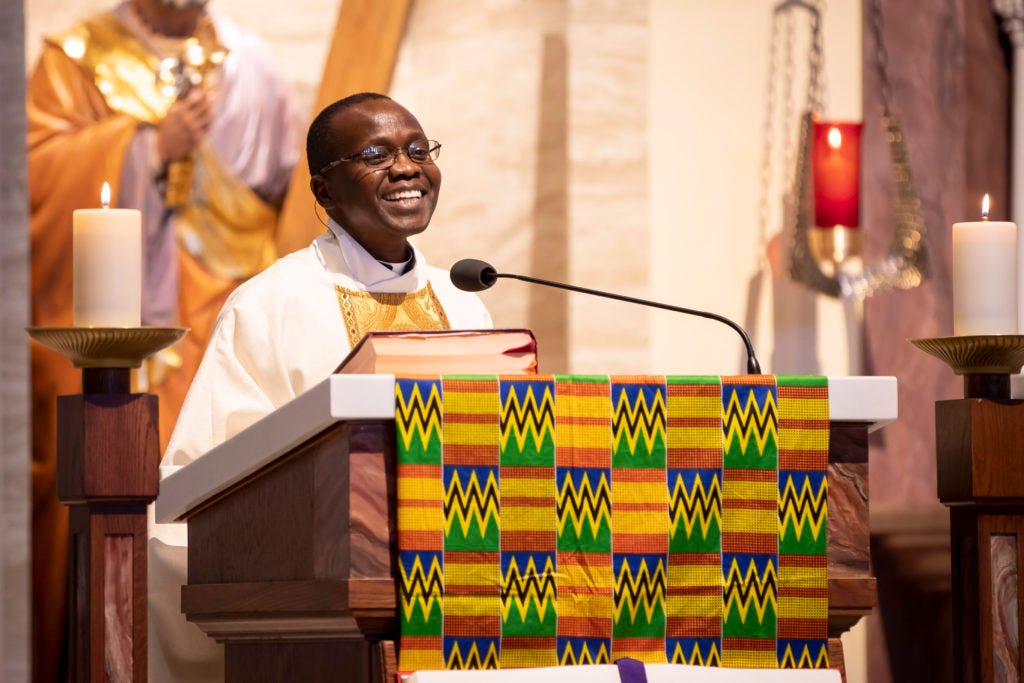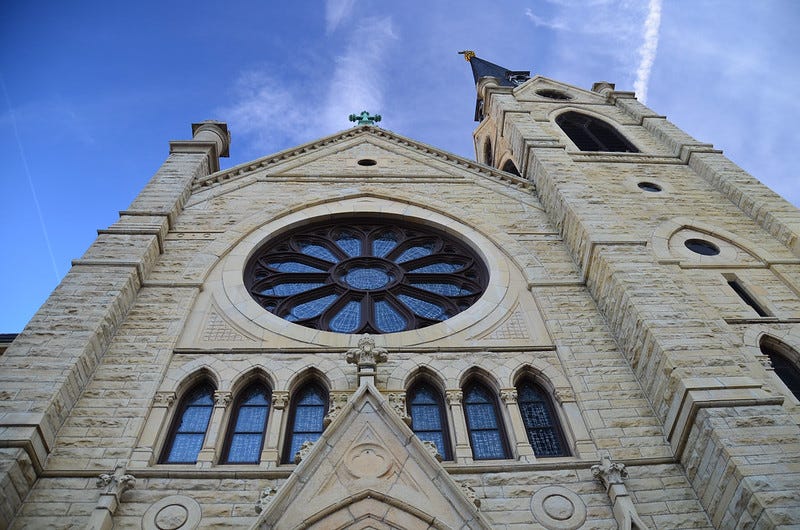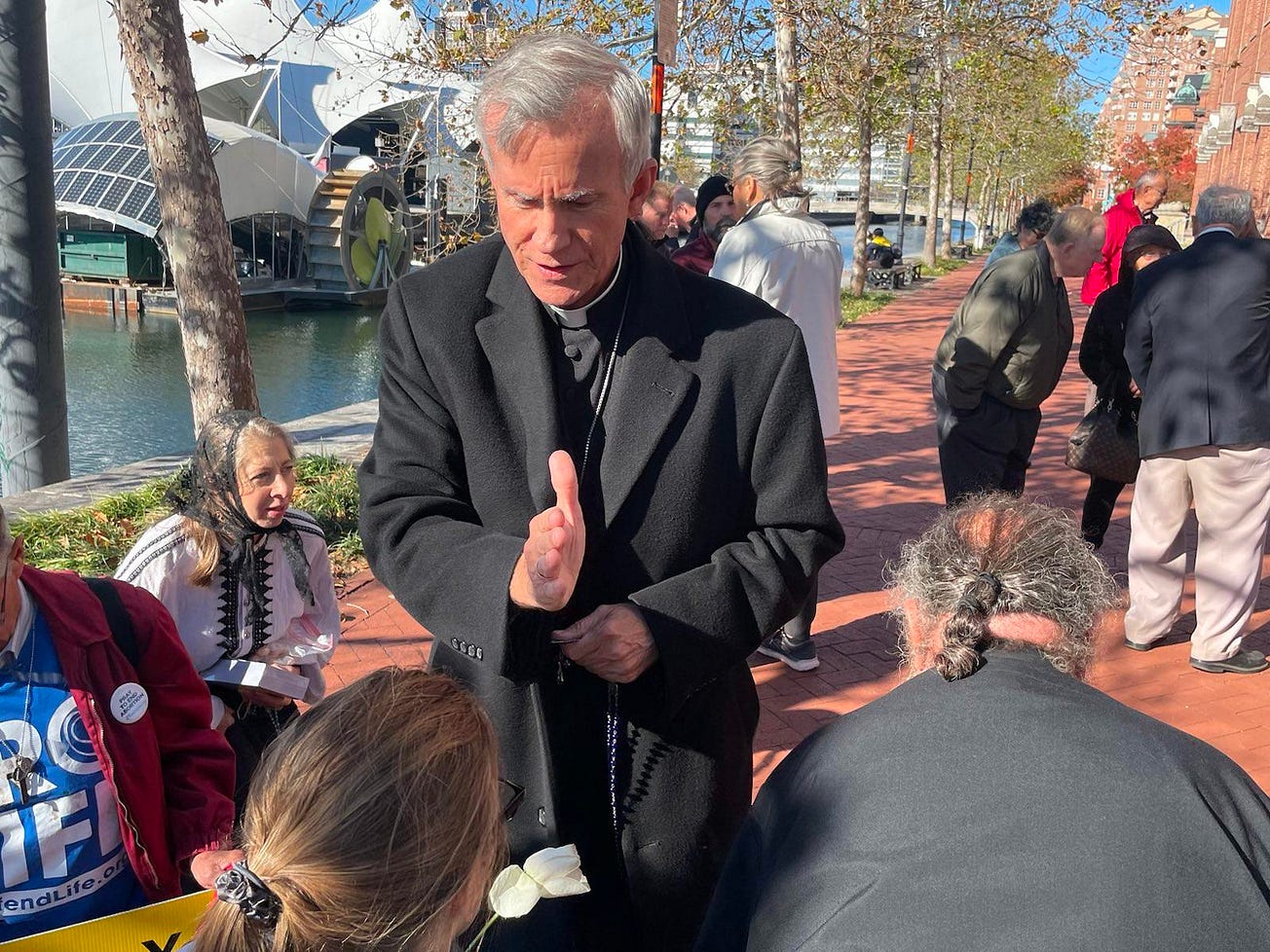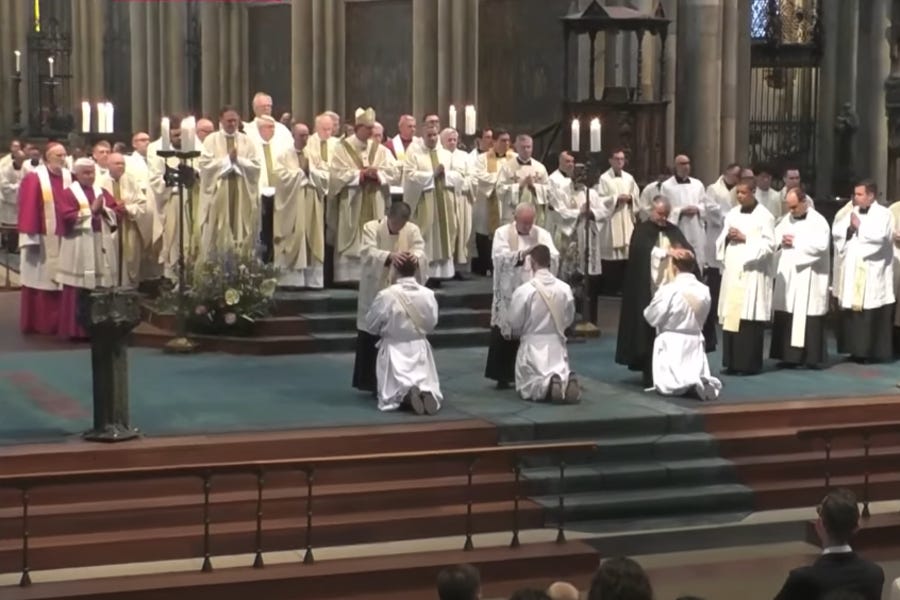As the nation prepares for an administration change next month, Catholic leaders are urging the government to address a backlog in permanent residency applications for foreign priests and religious in the United States, and a bill addressing the issue is expected to be introduced in the U.S. Senate next month.

If not addressed, the backlog will force large numbers of priests and religious in the United States to leave the country for a year at a time, before returning with a new temporary religious worker visa — a problem that has already begun to impact parishes and religious communities.
While the U.S. bishops’ conference declined comment on its ongoing advocacy, several sources have told The Pillar in recent weeks that both conference staffers and the directors of state Catholic conferences have been lobbying federal lawmakers to address the issue.
“The USCCB is working closely on this issue, and the state Catholic conference directors were on [Capitol] Hill last week advocating on this issue,” one source told The Pillar.
“There are a few fixes in the works,” said another source close to the lobbying, who requested anonymity because he was not authorized to speak on the record.
Several sources close to the lobbying have confirmed that bipartisan legislation is in the works to address the problem, and is expected to be introduced early next year.
Senators Susan Collins (R-Maine) and Tim Kaine (D-Virginia), both Catholics, are working to author a bill on the subject, a source told The Pillar.
Both senators declined to comment on potential legislation.
—
Foreign priests and religious who come to the U.S. typically obtain what are known as R-1 religious worker visas allowing them to live and work in the country, usually for up to five years.
While here, they are usually able to apply for permanent residency — a green card.
But a years-long backlog in federal processing of religious worker visas means foreign priests and religious across the U.S. are facing the possibility of being forced to leave the country, raising challenges for both them and their communities.
The problem began in April 2023, when the Biden administration changed the way it categorized certain employment-based visa applicants.
As a result, the federal government added some 100,000 unaccompanied minors from El Salvador, Guatemala, and Honduras to the same applicant pool as R-1 religious worker visas.
But a category limit of 10,000 green cards per year remained unchanged, lengthening the waiting time before a religious worker might be eligible for a green card.
There remains a wait time of more than five years for religious worker visa holders to be approved for permanent residency.
Meanwhile, people holding temporary R-1 religious worker visas have a five-year limit on their visa. If they have not received their permanent residency card within that time, they must leave the country for a full year before they can come back with a new R-1 visa.
According to the Center for Applied Research in the Apostolate, as many as 38% of priests in recent U.S. ordination classes were born outside the country. A large share of those priests could be impacted by the visa backlog.
Michael Scaperlanda, chancellor of the Archdiocese of Oklahoma City, told The Pillar earlier this year that nearly 25% of priests in his archdiocese come from other countries.
As priests and religious have to leave the country, dioceses and religious institutes have to figure out where they should live - and how to pay for their livelihood - while they are gone.
Some religious orders have told The Pillar that priests and religious sisters have returned to their home countries, but for some, who come from places of violence or instability, that plan is all but impossible. Some religious institutes have sent sisters to houses in other countries, or for periods of study.
But dioceses and religious orders must also navigate the gaps in ministry that are left by vacancies. And the uncertainty makes planning difficult.
In some cases, applicants can transition to other types of visas during the waiting period. But those options generally have income requirements far higher than priests or religious sisters would qualify for. And the process of studying alternative options for religious worker visa holders is both expensive and time-consuming.
The USCCB declined to comment on current efforts by the conference to respond to the visa backlog.
But David Spicer, assistant director for policy in the conference’s Migration and Refugee Services office, told The Pillar earlier this year that the conference had been working to try to address the issue, meeting with members of the Biden administration to suggest possible solutions.
The bishops’ conference wrote to the U.S. State Department last year, suggesting that for R-1 visa holders whose original visas expired while waiting for their green card application to process, the one-year waiting period to return to the U.S. with a new visa be shortened to no more than 30 days .
Jason Adkins, executive director of the Minnesota Catholic Conference, told The Pillar this week that he has been working alongside colleagues to engage local lawmakers on the issue.
“In a time of both teacher and clergy shortages, especially in more rural dioceses, foreign-born religious workers are essential for ensuring the availability of the sacraments and providing other vital services,” Adkins said.
In August, five foreign-born priests and the Diocese of Paterson, N.J., filed suit against the Department of State, Department of Homeland Security and the U.S. Citizenship and Immigration Services, arguing that the priests’ backlog, and likely need to depart from the United States next spring, “will cause severe and substantial disruption to the lives and religious freedoms” of both the priests and the Catholics of the Paterson diocese.





